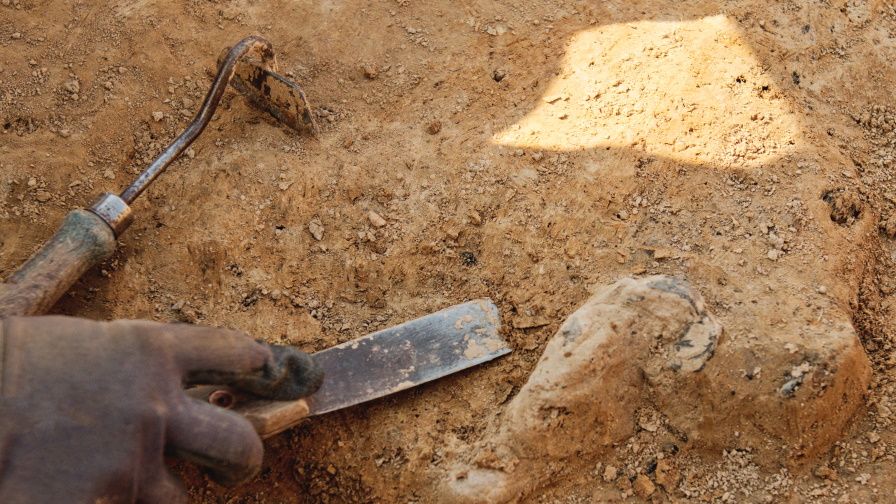In 1996, when Benjamin Netanyahu was first elected prime minister, Israel was still basking in the afterglow of the 1992 Oslo Accords. It had relations with six Arab countries: Egypt and Jordan, with which it had signed peace agreements, as well as Morocco, Oman, Qatar and Tunisia, with which it had lesser but still formal arrangements. By the time Netanyahu left office in 1999, however, though Egypt and Jordan continued to maintain ties to the Jewish state, his policies had begun to alienate the other four, each of which subsequently broke all diplomatic relations with Israel in the course of the ensuing decade.
More than two decades after his first term ended, working with the Trump administration, with which he had close ties, Netanyahu was able to broker the Abraham Accords with the United Arab Emirates (UAE), Morocco, Bahrain and Sudan. Yet, his return to office after a year as leader of the opposition not only renders the expansion of those agreements unlikely, but threatens those already in force.
Much has been written (including by me) regarding the domestic implications of a Netanyahu government that will include the neo-fascist leaders of the so-called Religious Zionism Party. These politicians threaten to undermine the state’s judiciary system; support open-ended settlement expansion; and would relegate Israel’s Arab population to second-class status.
The Religious Zionists also unambiguously support a one-state solution to the Israeli-Palestinian dispute, foreclosing any possibility of a state for the Palestinians. Taken together, all of these actions could destabilize Israeli society in a fashion not seen since the creation of state.
Moreover, such policies, if implemented by a Netanyahu government, are likely to have equally profound implications for Israel’s relations with not only the Arab world but also Europe and the United States. Although the signing of the Abraham Accords appeared to sideline the importance of the search for a two-state solution to the Israel-Palestine dispute, they did not provide Netanyahu with a blank check regarding the future of Palestinians living in the West Bank or Gaza.
It is noteworthy that, in contrast to the governments that signed the Accords, popular opinion in all four states — indeed, in the Arab world as a whole — strongly supports the Palestinian cause. Indeed, recent polling indicates that, at best, half the populations of the four Arab states that signed the Abraham Accords support their governments for doing so. Moreover, even that support is quite fragile and could be expected to dissipate if Netanyahu gave in to Religious Zionism demands. Whether the Accords could survive an increase in domestic opposition is an open question. And certainly it would be difficult to imagine other states, notably Saudi Arabia, agreeing to sign on to them.
A Netanyahu lurch to the extreme right also would have a negative impact on Israel’s relations with the European Union, which have never been particularly close. For its part, the government of Turkish President Recep Tayyip Erdoğan, which only in August restored diplomatic relations with Israel after a four-year hiatus, could again be put on ice, despite Erdoğan’s assertion that he would not allow the Israeli election’s outcome to affect the improvement in the ties between the two states.
Erdoğan’s promise applied to the elections. Pursuing policies that are openly hostile to Palestinians in Israel and on the West Bank would be an entirely different matter. Turkish public opinion could turn sharply against Israel and, by extension, Erdoğan, who is in a tight race for re-election to the Turkish presidency.
Netanyahu’s right-wing partners are already causing consternation in Washington. His own relations with President Biden are uneasy, at best. In this respect, Netanyahu may be betting that what matters most to Israel are relations with Republicans in Congress — at least one of whose houses likely will revert to a Republican majority come January. Despite his statements to the contrary, however, Netanyahu’s behavior during the Obama years indicates that, in practice, he has little time for Democratic concerns.
Should the Democrats retain their Senate majority, Netanyahu could find no more sympathy in that chamber than he is likely to receive in the White House. Indeed, Sen. Robert Menendez (D-N.J.), chairman of the Foreign Relations Committee and normally a staunch supporter of Israel, has made clear his unhappiness with the prospect of a Netanyahu government that includes any Religious Zionism leaders.
Netanyahu, a master politician, confounded Israeli pollsters who predicted that he would merely eke out the slimmest of majorities to regain the prime ministership. He therefore may believe that he can similarly discredit the dire predictions of Middle East analysts and government officials. He may think that Israel’s technological and military prowess are so attractive as to allow Erdoğan, as well as Arab governments that fear Iran, to overcome the opposition they may encounter on “the street.” Likewise, he may consider that his tilt to the Republicans will allow him to disregard opposition from Democrats, or the Democratic White House.
Whether he can do so while presiding over the most right-wing anti-Arab government in Israeli history is quite another matter, however. The prospect that Netanyahu can insulate his country from the bitter reactions it is sure to encounter remains very much an open question.
Dov S. Zakheim is a senior adviser at the Center for Strategic and International Studies and vice chairman of the board for the Foreign Policy Research Institute. He was under secretary of Defense (comptroller) and chief financial officer for the Department of Defense from 2001 to 2004 and a deputy under secretary of Defense from 1985 to 1987.
Note: This article have been indexed to our site. We do not claim legitimacy, ownership or copyright of any of the content above. To see the article at original source Click Here







![Διαβάστε στην «Εφημερίδα των Συντακτών -13/2/2022] thumbnail](https://www.efsyn.gr/sites/default/files/styles/default/public/2022-02/980x520-diafimisi-internet-11-02.jpg?itok=mEc66pOZ)
